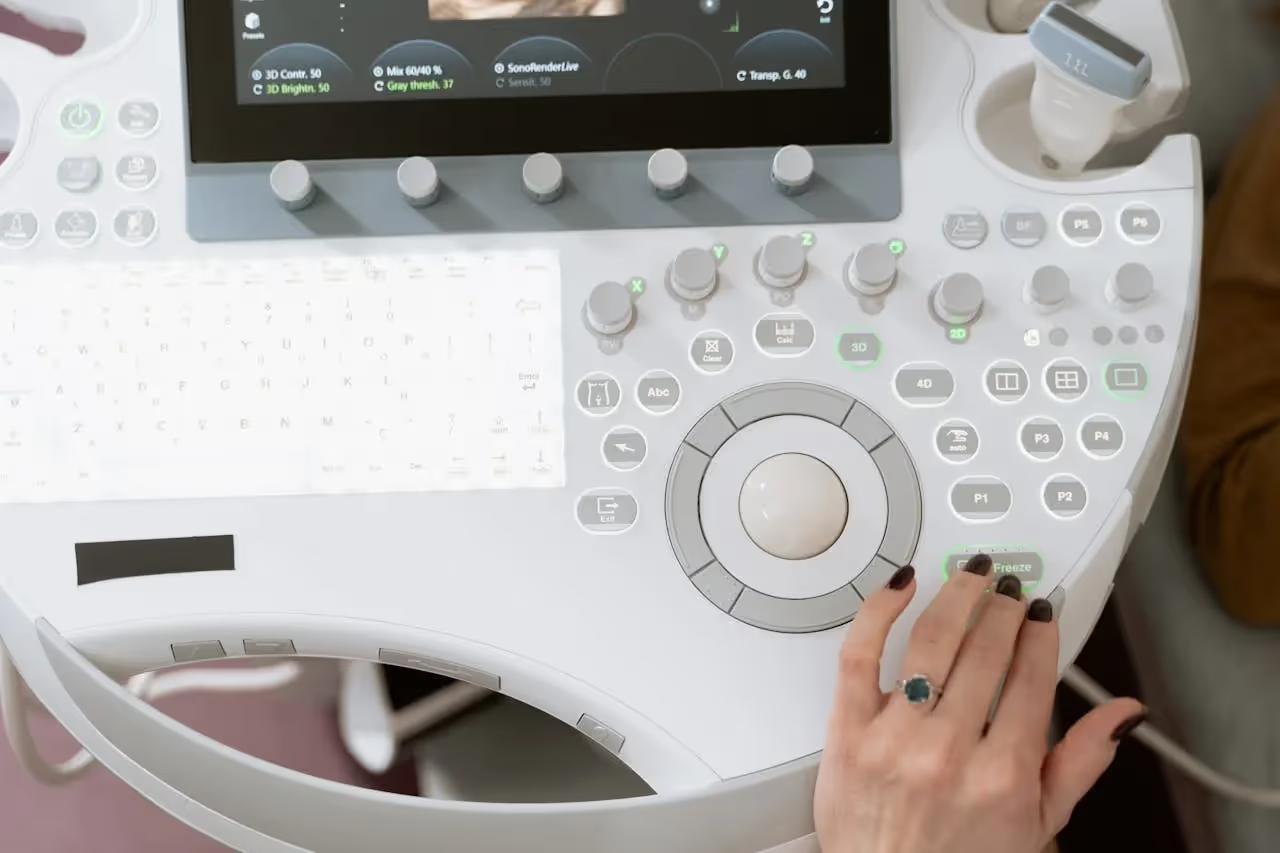Understanding the Path to Becoming a Board-Certified Pediatrician
If you're considering a career in pediatrics, you're likely wondering, "What exams do pediatricians take?" Becoming a licensed and board-certified pediatrician in the United States involves multiple phases of education, testing, and certification. Each step is essential for ensuring that pediatricians are qualified to care for the physical, emotional, and developmental needs of children from infancy through adolescence.
This article breaks down the key licensing exams and certification requirements you must complete to practice as a pediatrician. Whether you’re a pre-med student, medical graduate, or international medical graduate (IMG), this guide will help you understand each milestone on your journey.
What Tests Do You Need to Take to Become a Pediatrician?
Pediatricians go through years of rigorous education that culminate in national licensing exams and specialty certification. Below is a step-by-step list of the major exams and certifications needed:
- Medical College Admission Test (MCAT)
- United States Medical Licensing Examination (USMLE) Step 1, Step 2 CK, and Step 3
- Pediatric Residency In-Training Examinations (ITE)
- American Board of Pediatrics (ABP) Certification Exam
MCAT: Entry Exam for Medical School Admission
Your journey starts with the Medical College Admission Test (MCAT). This standardized test is required for entry into nearly all U.S. medical schools. It evaluates your understanding of biological sciences, physical sciences, psychology, and critical thinking.
Most students take the MCAT after completing undergraduate prerequisites in biology, chemistry, and physics. A high score helps you gain acceptance into a competitive medical program, which is essential for pursuing pediatrics.
USMLE: National Medical Licensing Exams
The United States Medical Licensing Examination (USMLE) is a three-step series required for all practicing physicians. These exams play a vital role in assessing your clinical knowledge and judgment:
- USMLE Step 1: Focuses on foundational medical sciences. Typically taken after the second year of medical school.
- USMLE Step 2 CK (Clinical Knowledge): Evaluates medical knowledge in a clinical setting. Taken during or after the fourth year of medical school.
- USMLE Step 3: Required for full medical licensure. Usually completed during or after pediatric residency.
Passing all three steps of the USMLE is mandatory for medical licensure in the United States. These exams are also essential prerequisites for applying to pediatric residency programs.
IN-Training Pediatric Exams During Residency
Once you enter a pediatric residency program (typically 3 years), you will take annual In-Training Examinations (ITE). While these tests don’t affect your licensure, they help measure your medical knowledge during residency.
The ITEs identify your areas for improvement and prepare you for the board certification exam. They also serve as practice tools and are often used by residency directors to assess your academic progress.
American Board of Pediatrics (ABP) Certification
After completing your residency, the final step to becoming a board-certified pediatrician is passing the American Board of Pediatrics (ABP) General Pediatrics Certifying Exam. This comprehensive test assesses your ability to diagnose and treat a wide range of pediatric conditions.
Board certification is not legally required, but it's highly recommended. Most hospitals, clinics, and private practices require board-certified pediatricians. Being board-certified also demonstrates to families that you're committed to providing high-quality pediatric care.
How Often Do Pediatricians Need to Recertify?
Once certified, pediatricians must participate in the ABP’s Maintenance of Certification (MOC) program. The MOC includes:
- Continuing medical education (CME)
- Self-assessment activities
- Periodic re-examination
As of recent changes, the ABP now offers a more flexible Longitudinal Assessment option instead of the traditional 10-year exam. Staying certified ensures you're up to date with evolving medical practices and clinical guidelines.
Do International Medical Graduates (IMGs) Need to Take the Same Exams?
If you're an international medical graduate, you'll go through the same core exams. However, you must first pass the Educational Commission for Foreign Medical Graduates (ECFMG) certification, which includes:
- USMLE Step 1 and Step 2 CK
- English language proficiency
- Verification of your foreign medical credentials
Once ECFMG-certified, IMGs are eligible to apply to pediatric residency programs through the National Resident Matching Program (NRMP).
What Licenses Do Pediatricians Need to Practice?
Besides board certification, all pediatricians need a state medical license. This license is issued by the medical board in the state where you plan to practice.
State licensure requirements vary but generally include:
- Passing all USMLE steps
- Graduating from an accredited or ECFMG-approved medical school
- Completing a pediatric residency
You must maintain your license by meeting the state’s continuing education and renewal guidelines.
Frequently Asked Questions
Can I Practice Pediatrics Without Board Certification?
Technically yes, if you have a state medical license. However, most employers and insurance providers require board certification. Without it, your career options in pediatrics are limited.
How Many Years Does It Take to Become a Pediatrician?
On average, it takes about 11 years:
- 4 years of undergraduate education
- 4 years of medical school
- 3 years of pediatric residency
This timeline doesn't include additional fellowship training if you choose to further specialize.
What Happens If I Fail an Exam?
Failure is not the end. Most exams, like the USMLE or ABP certifying exam, can be retaken. Use it as a learning opportunity. Many successful pediatricians faced setbacks before achieving their goals.
Are the Exams Different for Pediatric Subspecialists?
Yes. After completing a fellowship in a pediatric subspecialty, such as pediatric cardiology or pediatric hematology-oncology, you must pass an additional board certification exam for that specialty.
Final Thoughts: Preparing for a Rewarding Career
Becoming a pediatrician takes commitment, resilience, and a deep passion for helping children. Each exam and certification ensures that you are fully prepared to provide excellent care and make informed medical decisions.
The path may seem long, but each step serves a purpose. With empathy, focus, and the right preparation, you can confidently earn your license and board certification to serve the youngest members of our communities.





.avif)





.svg)



